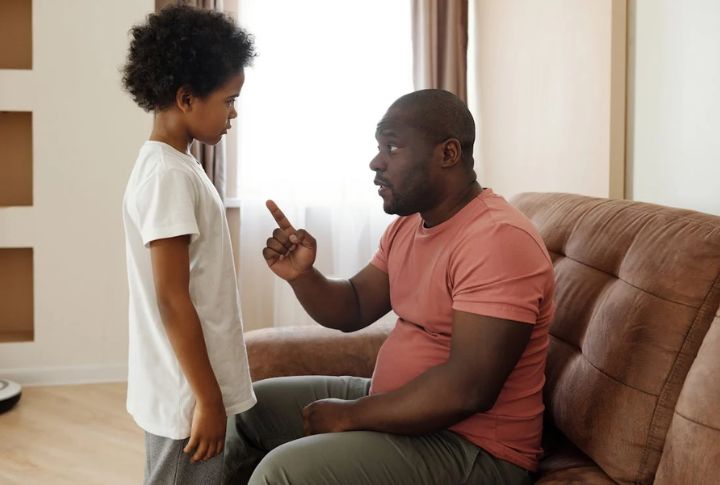
Gen Zs can curate the perfect Instagram reels but stumble through phone calls. Digital fluency is their superpower, yet real-world conversation feels like a foreign language. If social skills are survival tools, then we’re watching an entire generation forget how to use them without a manual. Is this just a tech advancement or a deeper disconnect we haven’t figured out yet? Let’s decode!
Heavy Screen Time Replaces Real Conversation

When daily screen time hits seven hours, something’s got to give. For Gen Z, it’s usually in-person communication. Since 2000, teen hangouts have dropped by nearly 40 percent. Eye contact now feels uncomfortable for many. Luckily, an article published on the Daily Ringer shows that a small daily screen cut can nudge social confidence in the right direction.
Online Communication Lacks Nonverbal Cues

As texting overtakes talking, Gen Z is left decoding conversation without body language or tone. Nonverbal cues, which make up over 70 percent of how we understand each other, don’t show up in texts. Emojis fill the gaps but miss the nuance. Over time, this shift may dull emotional instinct and spark anxiety when conversation turns real.
Remote Learning Disrupted Social Development

Losing nonverbal cues was just one piece of the puzzle. Remote schooling added another layer. With peer observation missing, Gen Z’s ability to learn basic social behavior took a hit. Some even struggled with everyday rituals when classrooms reopened. It’s like the rhythm of daily interaction got interrupted, and picking it back up wasn’t as simple as just showing up.
Fear Of Judgment On Social Media

One reason Gen Z holds back socially is rooted in their relationship with social media. Turns out that a substantial number avoid posting or speaking out online for fear of backlash. Cancel culture further feeds this hesitation. Many rehearse video messages like scripts, leading to that anxiety to spill over into real-life conversations.
Mental Health Struggles Limit Social Risk Taking

Then there’s the internal stuff no one talks about. Gen Z’s anxiety rates have crossed 40 percent, which is a big jump from previous generations. Social anxiety is now one of the top diagnoses in teens. Hence, what appears to be introversion in many individuals could be someone dealing with quiet fear in everyday social situations.
Spontaneity Is Vanishing In How Gen Z Connects

Since the rise of delayed messaging tools like Snapchat and Discord, which are encouraging delayed replies, Gen Z is losing the rhythm of spontaneous back-and-forth talk. Akin to video messages, they are pausing to script text messages. Hence, their reflexive social skills are wearing thin. Practicing real-time chats daily can rebuild those quick conversational instincts that once came naturally.
Parenting Trends That Overprotect

Some parenting styles try to protect a little too much. Helicopter parents hover over every move, while Snowplow parents clear every challenge from their child’s path. The result? Less space to fail, figure things out, and grow up socially. No wonder many Gen Z kids feel uneasy in unstructured settings.
Declining Youth Employment Rates

Beyond screens and schools, early work used to serve as social training. However, teen employment has hit historic lows. That means Gen Z is missing out on key lessons like how to resolve conflict or carry on a conversation with someone they’ve never met. Without those experiences, the development of emotional instincts happens much later than it used to.
Algorithm-Driven Content Feeds Reinforce Isolation

Let’s not forget how online content is curated. Gen Z often scrolls through feeds that reinforce what they already think. That reduces exposure to group discussions and differing opinions. Further, as ghosting takes the place of real conversation, the ability to disagree constructively starts to fade away.
The Overload Of Information Without Depth

Gen Z is surrounded by more information than ever, yet much of it is surface-level. They often see headlines instead of full stories, which leaves little room for critical thinking. Making space for longer reads or slower media can help them restore their ability to sit with ideas and really think them through.

